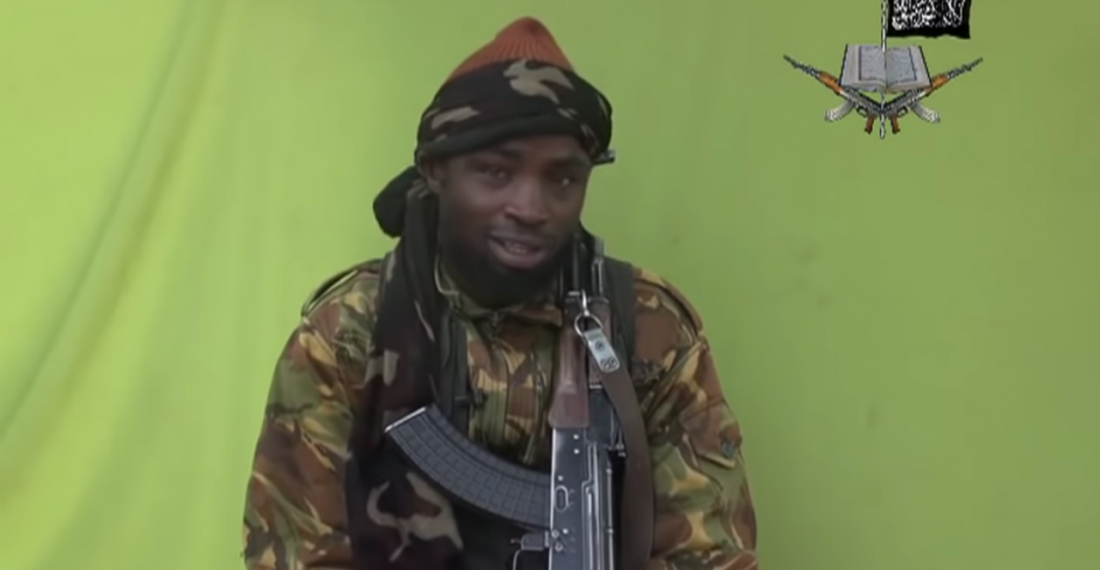The Nigerian jihadist group Boko Haram has confirmed the death of its former leader, Abubakar Shekau, who died early this month fighting the rival militant group, the Islamic State in West Africa (Islamic State's West Africa Province, ISWAP). The news was announced by Boko Haram's presumed new leader, Bakura Modu (known as Sahaba), in a video sent by verified sources on Wednesday (16 June) to Agence-France Presse (AFP).
In the video, Sahaba, an important Boko Haram commander known by experts to be based on Lake Chad, asks "Allah to bless the soul of Shekau", who died "as a martyr", and condemns the leader of ISWAP, Abu Musab Al -Barnawi, for having killed him.
In his message, Sahaba calls for revenge against the rival group, which split from Boko Haram in 2016.
ISWAP announced on 6 June in an audio recording given to AFP the death of Abubakar Shekau, Boko Haram’s leader since the death of its founder, Mohammed Yusuf, in 2009. Shakau reportedly blew himself up during fighting between the two rival groups in the Sambisa Forest in northeastern Nigeria.






